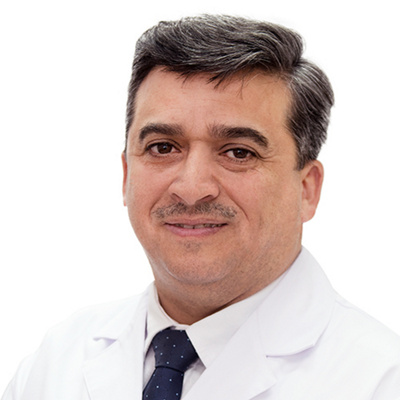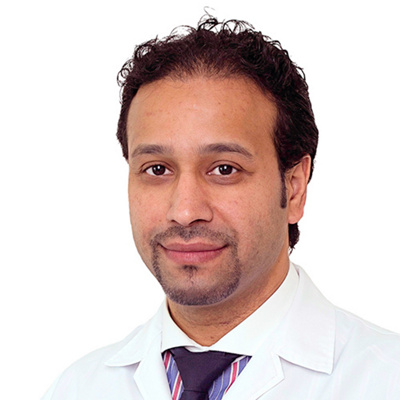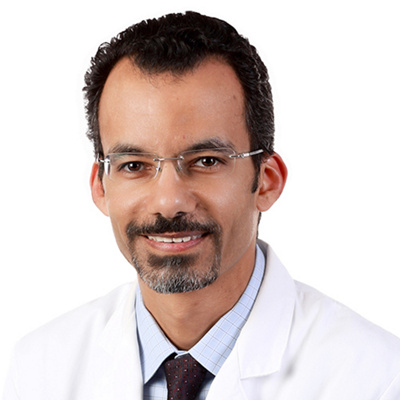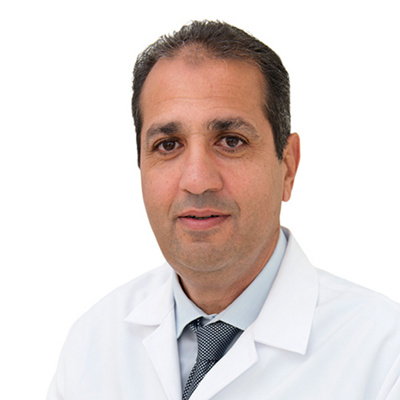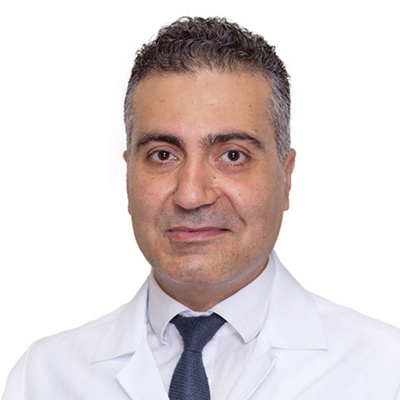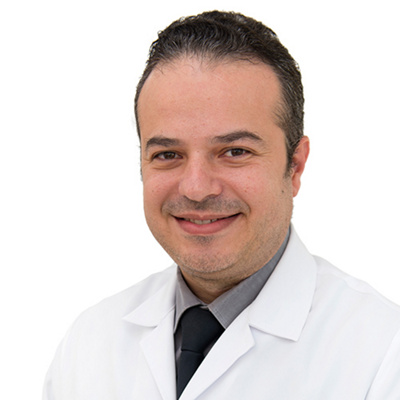Dr. Zaher Kindakji
Specialist Interventional Cardiologist
Mediclinic Al Noor Hospital
Cholesterol:
Cholesterol is a waxy fat-like substance which can be found in a person’s blood. This substance is made mostly by the liver. Some cholesterol is needed to keep cells and organs healthy, however raised cholesterol in the blood may increase a person’s risk of coronary heart disease.
Fatty deposits may develop in the blood vessels if the levels of cholesterol are high. Over time, plaque may form in the arteries, reducing the blood flow through the arteries. If the plaque ruptures, a blood clot can form which can lead to a heart attack or stroke.
There are different types of cholesterol. Some cholesterol has a negative impact on your heart health (LDL-cholesterol), and other a positive impact (HDL-cholesterol). LDL is referred to as “bad” cholesterol and HDL is referred to as “good” cholesterol.
Triglycerides are another type of fat in the blood which mainly comes from food. Having a high triglyceride level can also increase a person’s risk of heart disease.
People will typically not experience any symptoms if their levels of cholesterol are high. A blood test can measure the amount of cholesterol and triglyceride levels in the blood and will reveal whether or not they are at a healthy level.
If the level of cholesterol and triglycerides in the blood are high, it means that a person is at risk of heart disease. There are different ways to treat cholesterol including lifestyle changes and medication depending on various factors. The best type of treatment will be discussed with the treating physician.
Your physician may suggest more frequent testing if a person has a family history of elevated levels of cholesterol, heart disease and other risk factors such as smoking, diabetes or high blood pressure.
Preventative measures:
- Limit your salt intake: boost flavours with dried herbs and spices instead
- Eat at least five portions of fruits and vegetables per day
- Select wholegrain products and minimise processed foods and added sugars
- Include heart healthy fats in your diet
- Give up smoking
- Take at least 30 minutes exercise on most days of the week
- Maintain a healthy weight
- Manage your stress levels

